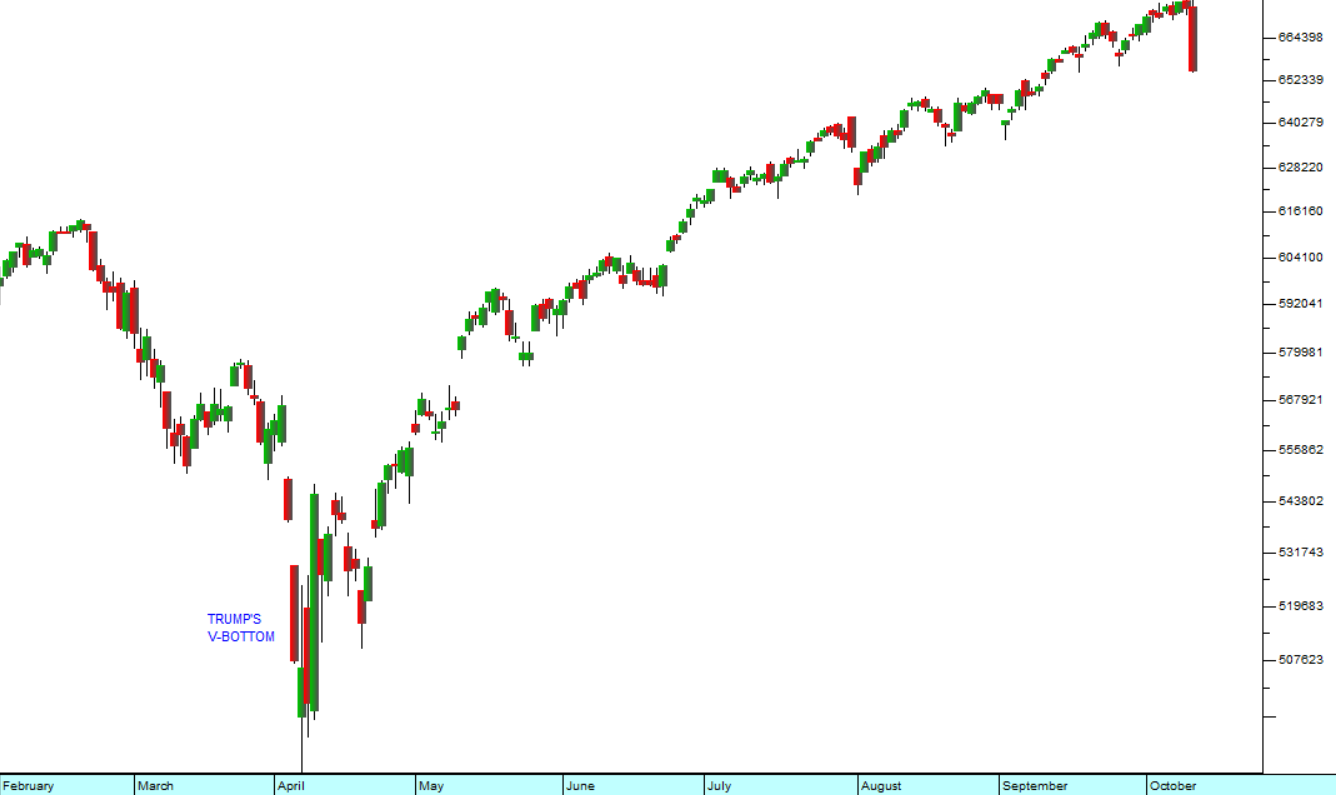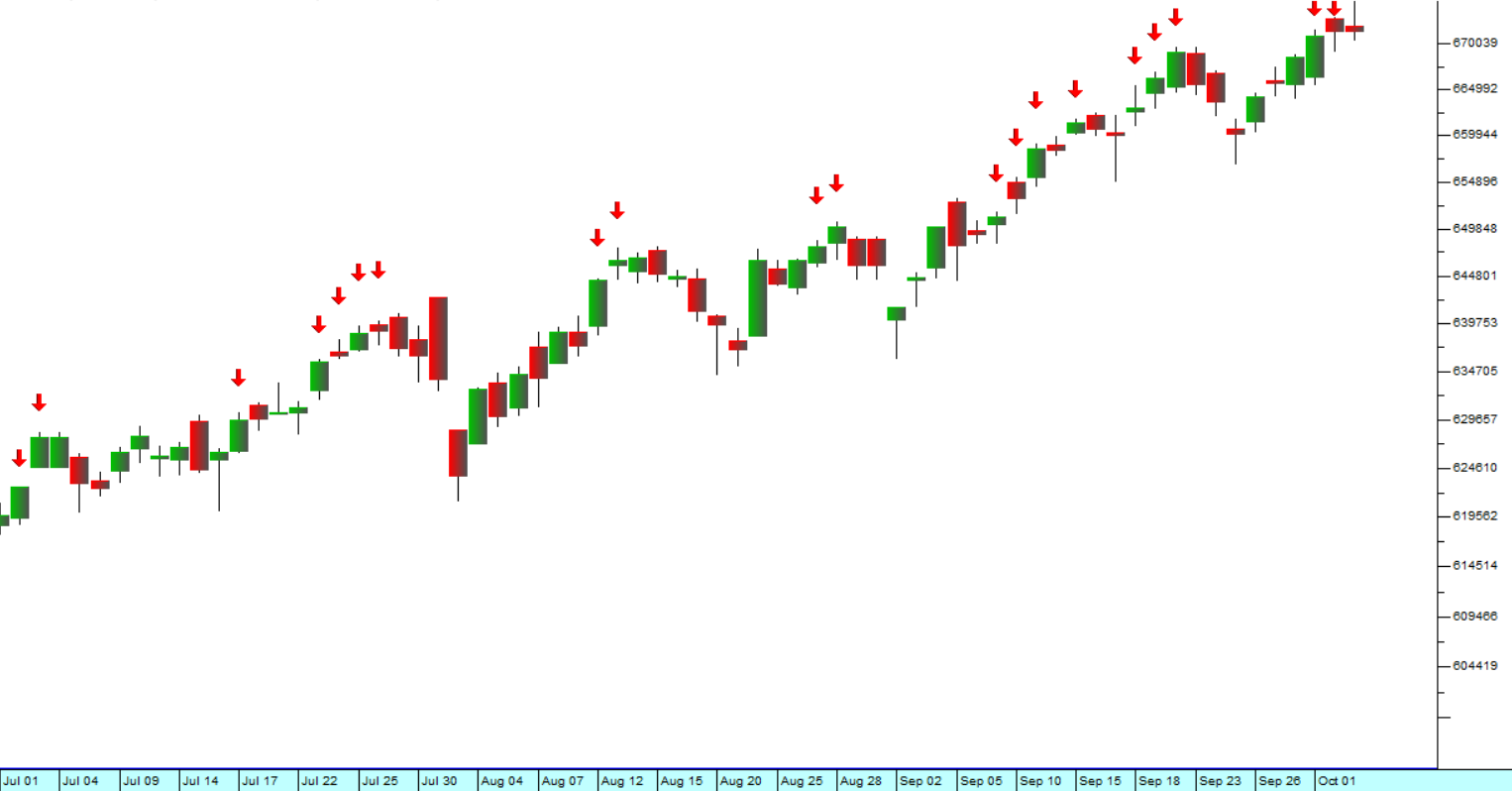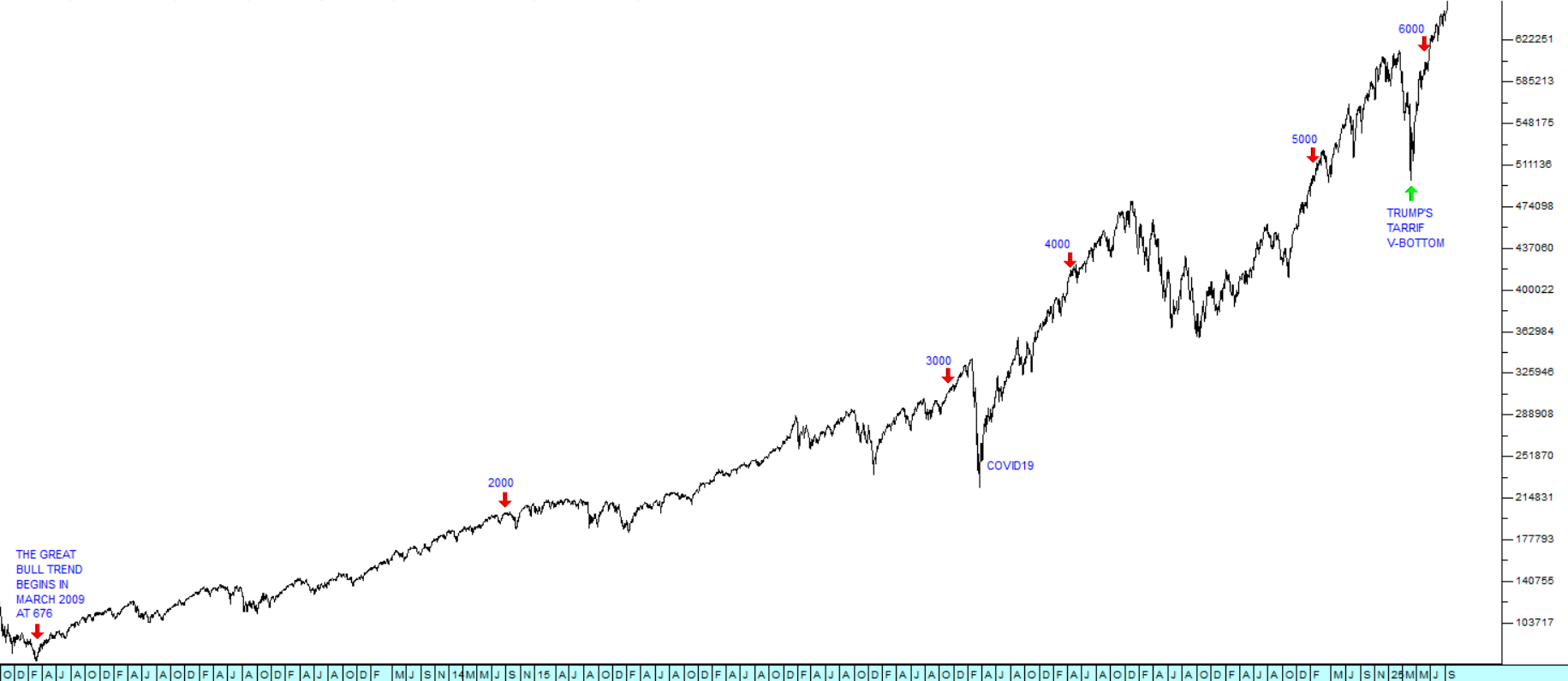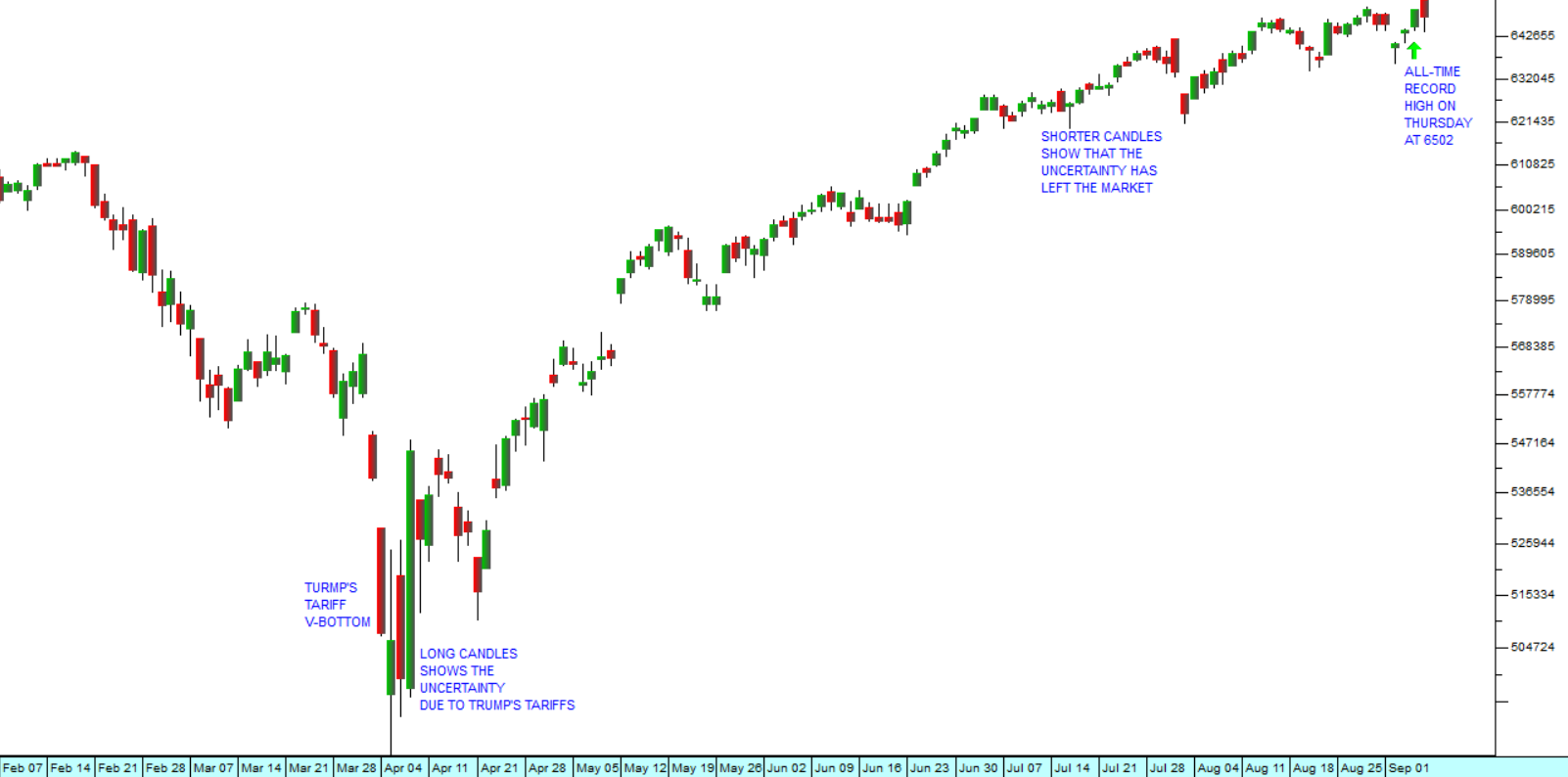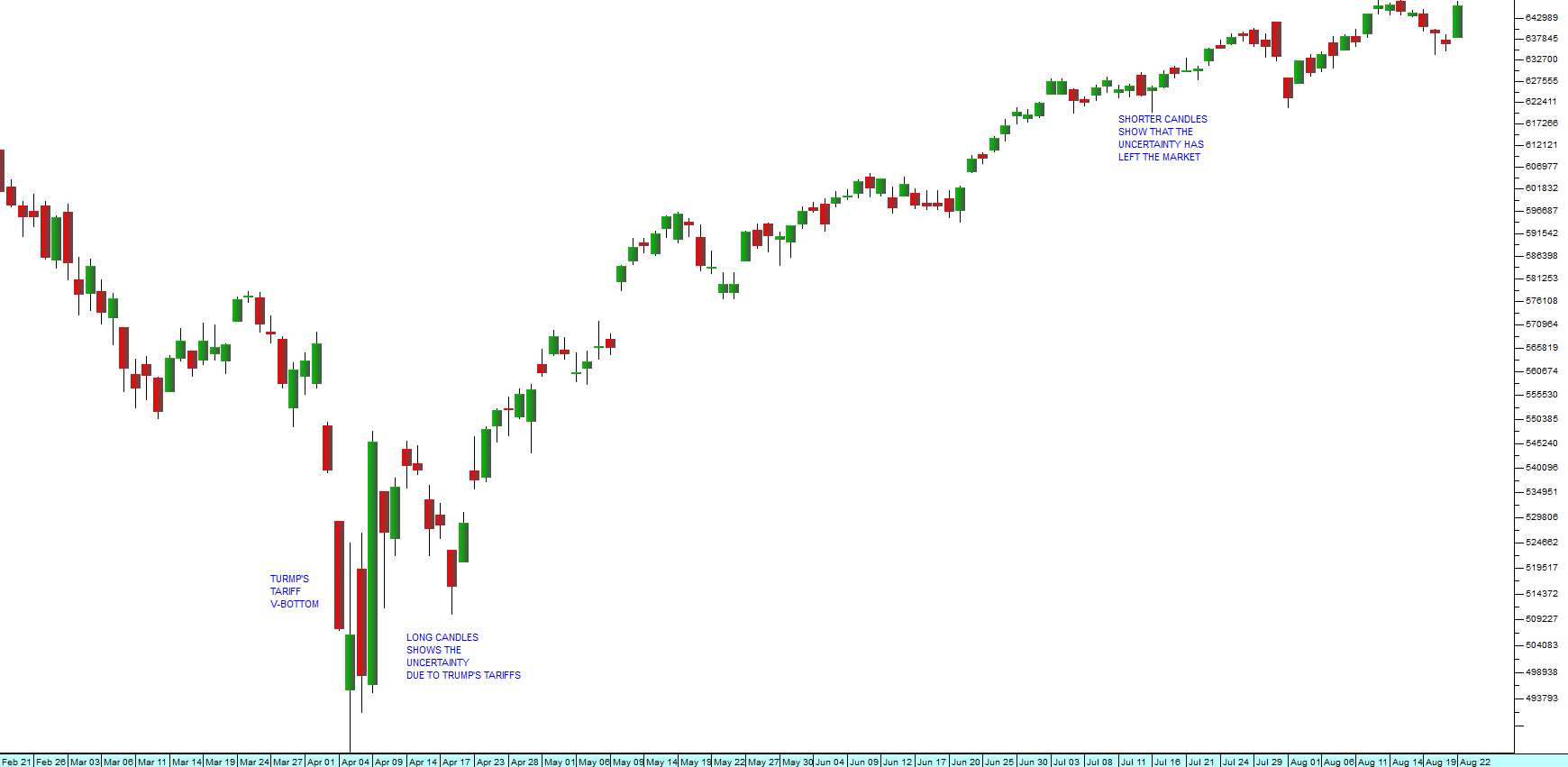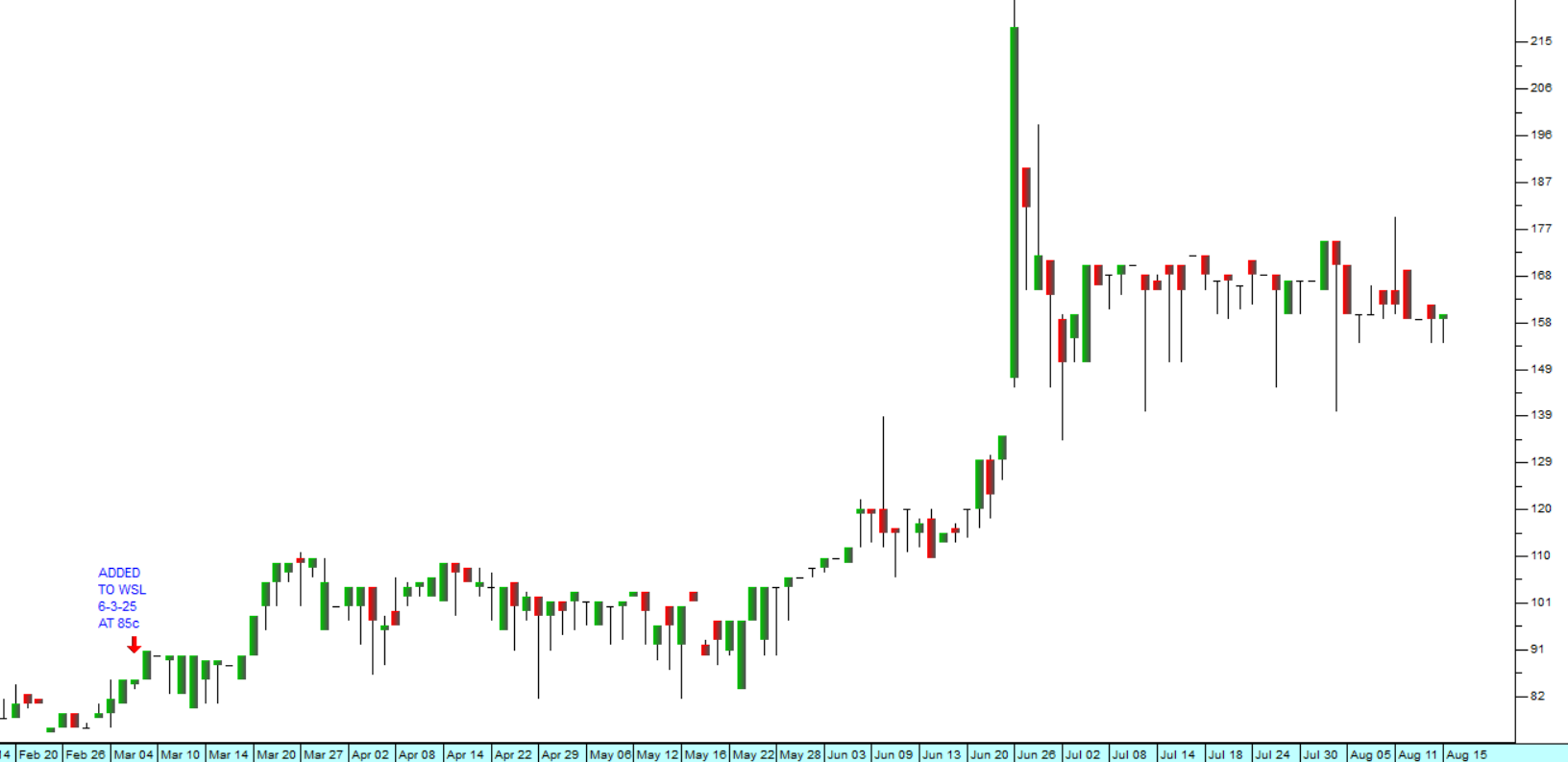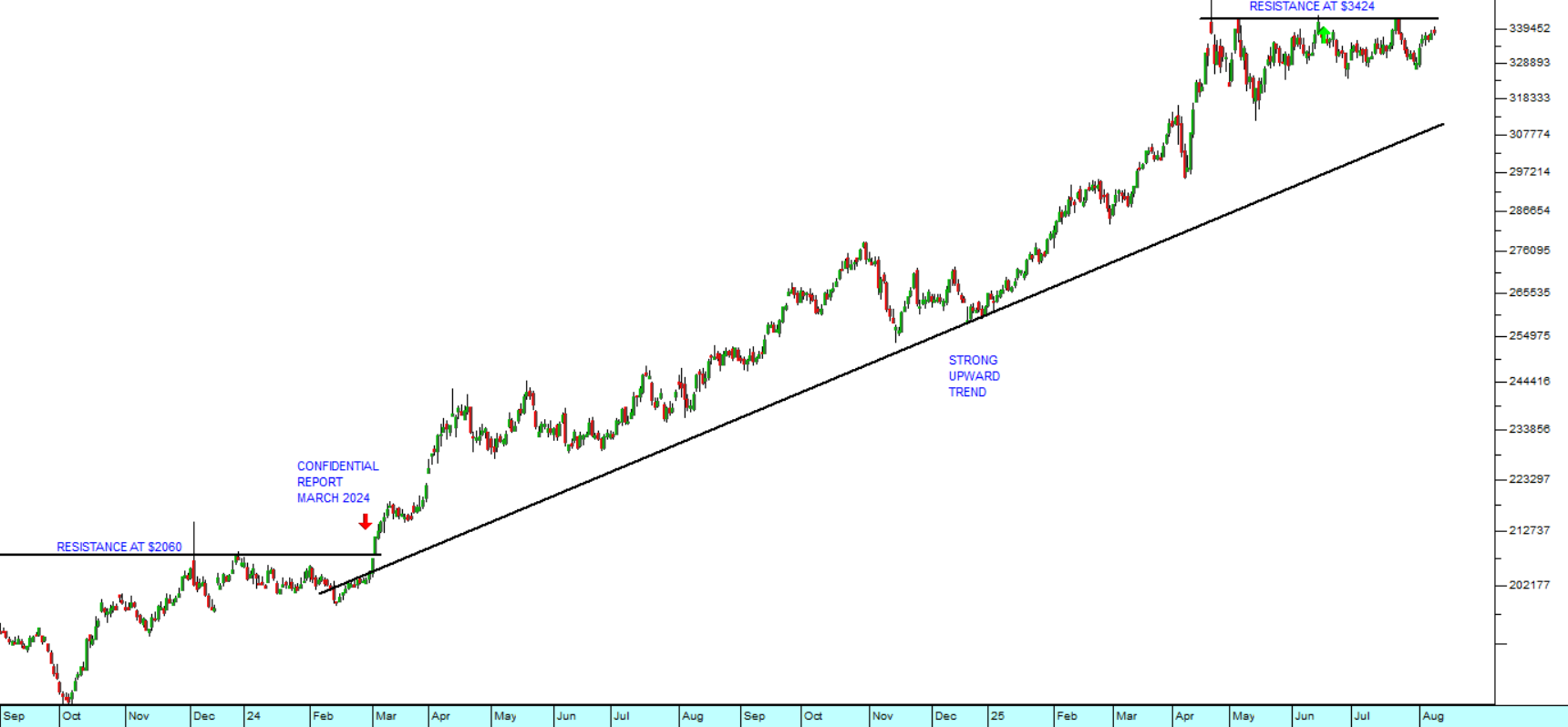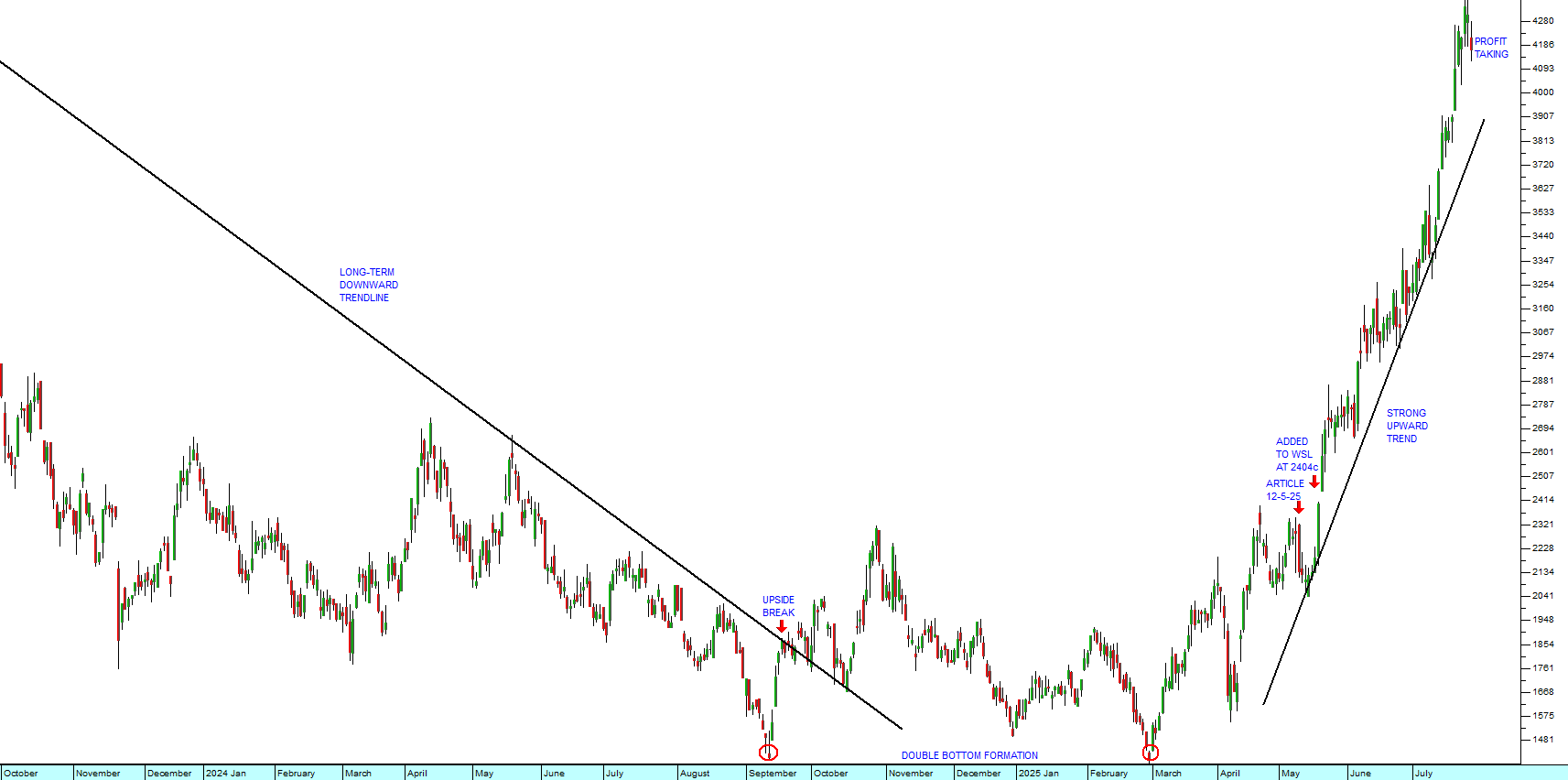Ukraine revisited
26 September 2023 By PDSNETThe war in central Europe impacts on equity markets directly through the price of oil and grains. But it has a much deeper and longer-term significance because it is essentially a war between democracy and autocracy – literally good and evil. It is a perennial battle that has been going on since the beginning of time and is the subject of all our religions, legends, and stories. It is a battle that is being fought here in South Africa and it is very much the focus of American politics in the run up to the November 2024 elections. It has been well said that:
“The only thing necessary for the triumph of evil is for good men to do nothing.”
Russia is the residue of the dissolution of the Soviet Union following the collapse of the Berlin Wall. Vladimir Putin, the arch-autocrat, seeks to re-establish the Union of Soviet Socialist Republics (USSR) by annexing all those satellite countries which took the opportunity to escape authoritarian rule such as Latvia, Lithuania, Poland, Moldova and, of course, Ukraine.
He is opposed by President Zelensky and the people of Ukraine who are fighting this war on behalf of the entire free world. The North Atlantic Treaty Organisation (NATO), Europe and America, is giving them the weapons and other support that they need to defend themselves against this naked and unprovoked Russian aggression.
So far America is estimated to have given Ukraine about $100bn worth of assistance (Including the current aid package which Biden is trying to get through congress). This should be compared to America’s annual gross domestic product (GDP) which is expected to be about $23,3 trillion. It is less than half a percent – which seems like a fantastic bargain for the estimated destruction so far of half of the Russian army and materiel. And NATO has not suffered a single casualty!
It is also important to understand that the Russian economy has a total GDP of about $2,1 trillion – which is about the same size as the state of Texas and less than 60% of the state of California. Russia cannot possibly hope to outlast the combined economic power of both America and Europe. The idea was absurd from the beginning. The only chance Putin ever had was to win very quickly and decisively.
There has been some recent evidence that NATO countries may be tiring of their support for the war in Ukraine. The Polish government said that they would be halting supplies of military aid to Ukraine. This comes on the eve of a critical election in that country and results from the unhappiness of Polish farmers with the new arrangements for grain exports from Ukraine, following the blockade of grain exports through the Black Sea by Russia. Combined with some opposition from members of the Republican Party in the US, the once solid support for Ukraine seems to be wavering. No doubt Vladimir Putin is taking great encouragement from these early signs of dissention within NATO.
At the same time, the war that the Ukrainians are fighting is completely unique and utterly different from any previous war. They have been making incremental gains, especially in the South and East of the country – a little too slowly for the minimal attention span of NATO supporters. So far, the Ukrainians claim to have “liberated” about 54% of the land which Russia had annexed and there is clear evidence that they are on the brink of breaking through the extraordinary defensive lines that the Russians had put in place. Progress is expected to accelerate once the city of Tokmak has been re-taken and the land route for resupply of Crimea is cut off. Of course, winter is coming and that will make it much harder for both sides to advance. No doubt Putin is hoping for a lengthy stalemate that will enable the Russian army to re-group and the disagreements within NATO to become more pronounced.
In our view, the position which Russia now finds itself in now after 18 months of this war of attrition is completely untenable and the country has been brought to the brink of collapse by its pursuit of this war. The collapse of the ruble exchange rate has recently been emphasized by the Russian central bank’s decision to hike rates even further to 13% in their desperate effort to prevent the ruble falling below 1c US on the open market. We believe that the situation is very close to collapse and that Putin’s position is tenuous. We believe that the problems within NATO will be resolved and the flow of weapons and support to Ukraine will continue. Certainly, Russia cannot sustain its support of the war as long as the enormous power (both military and economic) of the combined economies of the NATO alliance. We will be surprised if Putin survives beyond the end of this year. His desperation is evident in the recent overtures that he has been making to North Korea apparently as a source of weapons. Has the great Russian military machine run out of materiel?
Our observations of the war show that Ukraine is benefiting enormously from the precision artillery supplied by Western countries combined with their own amazing development of drone technology. This contrasts sharply with the Russian efforts to prosecute the war with indiscriminate generalized barrages which are far less effective. Clearly, we are close to the point where the frontline may become static as winter closes in. If, by that time, the Ukrainians are able to significantly cut off supplies to Crimea the Russians will have effectively lost the war.
The recent devastating attack on the Crimean port of Sevastopol has made the Russian Black Sea fleet more-or-less irrelevant and it clearly demonstrates the amazing prowess of Ukrainian drone development. In our view, Russia’s control of Crimea is delicate – and if Crimea is lost then Putin is probably also lost. How can he possibly justify the enormous cost of this war, both economically and in terms of lives lost, to the Russian people?
If the war stops, then it is likely the that markets, which have essentially been paying for it, including the equity market, will benefit.
DISCLAIMER
All information and data contained within the PDSnet Articles is for informational purposes only. PDSnet makes no representations as to the accuracy, completeness, suitability, or validity, of any information, and shall not be liable for any errors, omissions, or any losses, injuries, or damages arising from its display or use. Information in the PDSnet Articles are based on the author’s opinion and experience and should not be considered professional financial investment advice. The ideas and strategies should never be used without first assessing your own personal and financial situation, or without consulting a financial professional. Thoughts and opinions will also change from time to time as more information is accumulated. PDSnet reserves the right to delete any comment or opinion for any reason.
Share this article:

